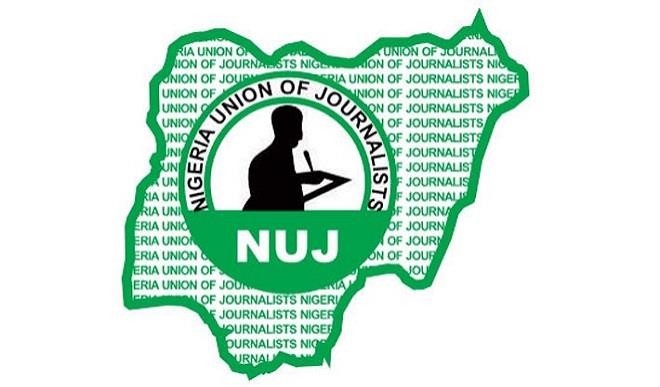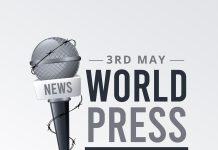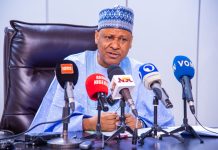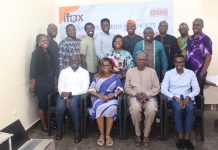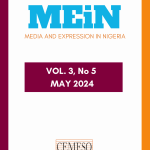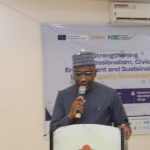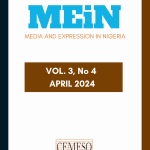Head of History Department, Obafemi Awolowo University (OAU), Dr. Tunji Ogunyemi, has stressed the need for players and stakeholders in the nation’s electoral process to eschew violence as the 2019 polls are fast approaching.
Ogunyemi, who spoke yesterday in Abuja at a programme organised by Konrad Adenauer Stiftung (KAS) titled: “Promoting Violence-free Elections by the Media,” said that Nigeria could not afford the regrettable past where several people were killed in defunct Western Region owing to disagreement between the then two political principals, Chief Obafemi Awolowo and Samuel Akintola and other conflicts in the past.
He said that a culture of merchandising electoral heist had been foisted on the entire federation.
According to him, electoral violence is any hostile act involving the threat of use of force to exert advantage, adding that such harm comes in the form of loss of property, illegal restriction of movement, injury to law abiding citizens and death.
The university lecturer noted that electoral violence, which could be before, during and after an election, is for the perpetrators to intimidate opponents in accepting or rejecting an electoral decision fairly or unfairly reached at the polls through subversive means like rigging, riotous rallies, arson, kidnapping and mayhem, among others.
Also, a senior lecturer with the Department of Journalism, Lagos State University (LASU), Dr. Tunde Akanni, has canvassed conflict-sensitive journalism to engender a peaceful society.
Akanni, in his presentation, titled: “De-escalating tension through sensitive reporting,” situated the role of the media in Nigeria’s civil war that lasted three years and the genocide in Rwanda.
“According to Achebe (2012), the Nigeria-Biafra war was arguably the first fully mediated conflict in history. It was the first time picture of blood, guts and severe limbs from war front flooded into homes around the world through television sets,” he said.
He equally quoted Chief Olusegun Obasanjo as saying in 2015 that “passions on either side were inflamed by foreign correspondents and the foreign press. It was a Cotonou radio report of a massacre of Hausa in the East that triggered off the indiscriminate killing of easterners in the North in September and October 1966.


